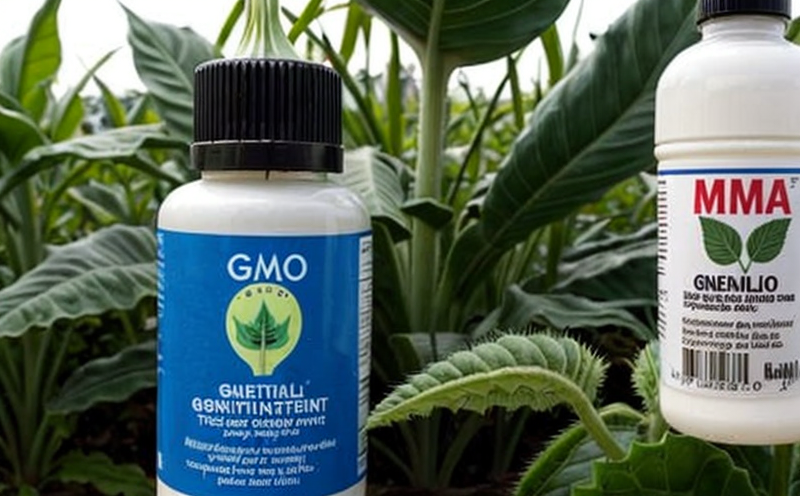ISO 38109 GMO DNA Quantification in Pet Food
Introduction to ISO 38109: The International Organization for Standardization (ISO) has established ISO 38109, which provides a standardized approach for the quantification of genetically modified organisms (GMOs) in pet food products. This standard is essential for ensuring transparency, compliance with regulatory requirements, and maintaining consumer trust.
Relevance to Pet Food Industry: The pet food industry has seen an increase in demand for products that are free from GMOs due to growing awareness about the potential health impacts of these organisms. ISO 38109 helps manufacturers verify their claims by providing a reliable method for quantifying GMO content.
Testing Process: The process involves several steps, starting with sample collection and preparation. Samples must be representative of the entire batch to ensure accurate results. DNA extraction is performed using methods specified in ISO 38109, followed by quantitative PCR (qPCR) analysis for quantification.
Instrumentation: The test employs qPCR technology, a highly sensitive and specific method that allows for precise quantification of target GMO sequences within the DNA extracted from pet food samples. This ensures accurate measurement even at low concentrations.
Industry Applications
| Pet Food Type | GMO Content Testing Frequency |
|---|---|
| Canned Dog Foods | Monthly for large manufacturers, quarterly for smaller ones |
| Dog Treats | Every three months |
| Cat Food | Quarterly |
- Manufacturers: Use this test to ensure product integrity and maintain brand reputation.
- Distributors: Verify labels for accurate GMO content claims before distribution.
Customer Impact and Satisfaction
The implementation of ISO 38109 in pet food testing enhances customer satisfaction by providing transparency about the products' contents. Consumers can make informed decisions based on the verified absence or presence of GMOs, which is crucial for those with dietary restrictions or preferences.
Regulatory Compliance: By adhering to this standard, pet food manufacturers and distributors comply with international regulations that mandate accurate labeling regarding GMO content.
Brand Reputation: Consistent use of ISO 38109 helps build a strong brand image, especially among health-conscious consumers who trust in non-GMO claims.
Environmental and Sustainability Contributions
- Eco-Friendly Ingredients: Ensuring the absence of GMOs promotes the use of organic and naturally sourced ingredients, which are generally more sustainable.
- Resource Efficiency: Accurate quantification helps in optimizing production processes to minimize waste and resource usage.
The reduction in unnecessary production and processing due to accurate quantification contributes positively to environmental sustainability. By reducing the use of resources for non-GMO products, pet food manufacturers can contribute to a more sustainable supply chain.





